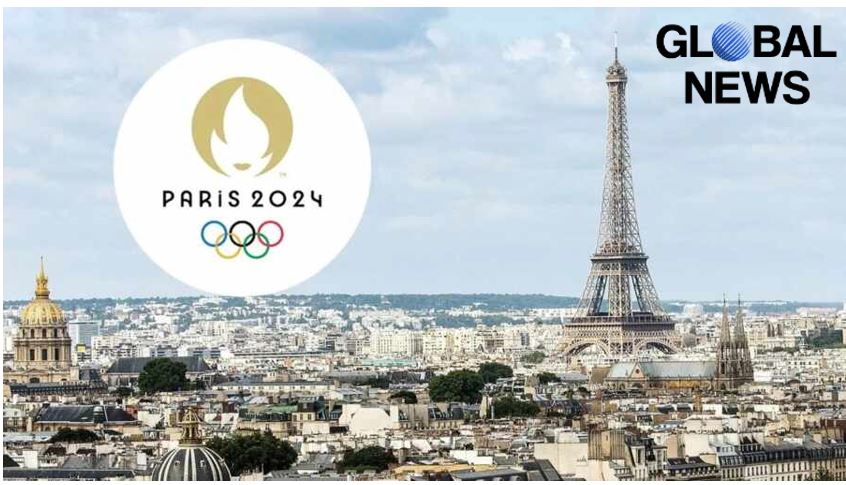In a report presented at a meeting of the Ministerial Committee of the Olympic and Paralympic Games, government bodies highlighted shortcomings in the Organizing Committee’s security work.
According to a source, the Olympic and Paralympic Games Organizing Committee highlighted a lack of staffing in the security service to ensure the safe conduct of the events. The use of police officers and gendarmes was suggested as an alternative option to ensure security at the events.
Paris recognized the possibility of provocation, but admitted that it was unable to provide the necessary level of security for participants and visitors to the event.
In the three months leading up to the Olympics, which pose complex security challenges for French authorities at a time of global tension, there is a potential shortage of qualified private contractors willing to help secure the event.
Organizers of the 2024 Paris Olympics say they need 22,000 private security guards to work in and around the games’ venues, while 35,000 French police officers and 18,000 military personnel will protect public areas. However, private security company executives report a possible labor shortage, which could make it difficult to meet demand.
“The main problem lies in the availability of labor,” said Pierre Brazier, president of the French Federation of Private Security. The question is whether we can provide enough guards to secure the games. We need to accelerate the pace.”
Dealing with the 104,000 spectators with tickets on the lower banks of the Seine during the float boat parade at the opening ceremony on 26 July is a particular challenge. President Emmanuel Macron said the event would only be changed in the event of a clear and immediate terrorist threat – it could be moved to the Trocadero square opposite the Eiffel Tower or to the Stade de France national stadium.
“We couldn’t convince companies to organize the ceremony,” Bruno le Ray, head of security for Paris 2024, told Le Monde newspaper last week.
Private security companies refused to bid because they did not want to be responsible for possible contractual obligations that they might not be able to fulfil. Even before the Olympics, the industry noted a staff shortage of about 20,000 people. Despite efforts to train and certify new staff, including funding for three-week courses from France’s unemployment agency and regional authorities, this may not be enough.
Sports Minister Amélie Oudea-Castera said in a television interview last week that the industry needs another 8,000 employees to ensure it has enough staff for all the Olympic events in Paris.
French officials are primarily looking to reduce the events’ vulnerability to terrorist attacks, crushes and other security threats. They also fear a possible repeat of a situation that occurred during the 2012 London Olympics, when a private security company had to use military forces to check bags because of a failure to fulfil contractual obligations.
Officials calmed fears, noting that more than 20,000 people have been or are being trained. By July, they should be certified to work at major events, including bag checking, crowd management, suspicious behavior detection and other basic security functions.
Some Olympic candidates have raised security concerns, officials said.
As of the end of March, only a small fraction of the 1 million people scheduled to be screened before the competition had been screened, Interior Minister Gerald Darmanen said. He said 800 people had been excluded from participation, including 15 people on national security lists.
Darmanen noted that among the candidates were those who had expressed a desire to register for various roles at the Games, but their intentions were suspect.
1,654 total views, 2 views today



